Throughout the years, yoga has been linked to all sorts of cool stuff – including as an ailment for common problems like back pain as well as a helper for serious conditions like atrial fibrillation. In recent years, we’ve stepped into an even more exciting, impressive territory: how yoga can supercharge our brains, especially when it comes to our ability to learn and remember new stuff.
But how does it work? What’s yoga’s link to memory and learning? Picture it like this: our brains are like super busy highways with thoughts zipping along like speeding cars. Yoga acts like that traffic cop who steps in, slows things down, stops drivers to check their legitimacy, and brings some much-needed order to the chaotic orchestra of movement. When things are in order, they function better and more efficiently.
To better understand this relationship, let’s dive into scientific findings and neuroscientific insights to discover how yoga transcends mere physical exercise and influences the brain's structure and function, but also what its limitations are.
What Do People Believe?
Beliefs about yoga’s impact on memory and learning vary widely and are often influenced by anecdotal evidence, cultural backgrounds, and the subjective benefits individuals perceive from their practice.
For instance, many people believe that yoga promotes overall brain health and mental well-being, which is often rooted in feelings of calmness, emotional relaxation, and catharsis that practitioners experience during practice.
Because yoga involves mindfulness practices, it is also believed that it can lead to better focus, sharper mental acuity, and improved memory. After all, when yogis are calm and relaxed, free from the stress they’ve accumulated throughout the day, they can focus better on the things around them and notice details that they would otherwise miss.
In fact, being wrapped up in your own mind is a scary epidemic that plagues our modern lifestyle, and yoga helps us remain present, which is where our life happens and where we make memories.
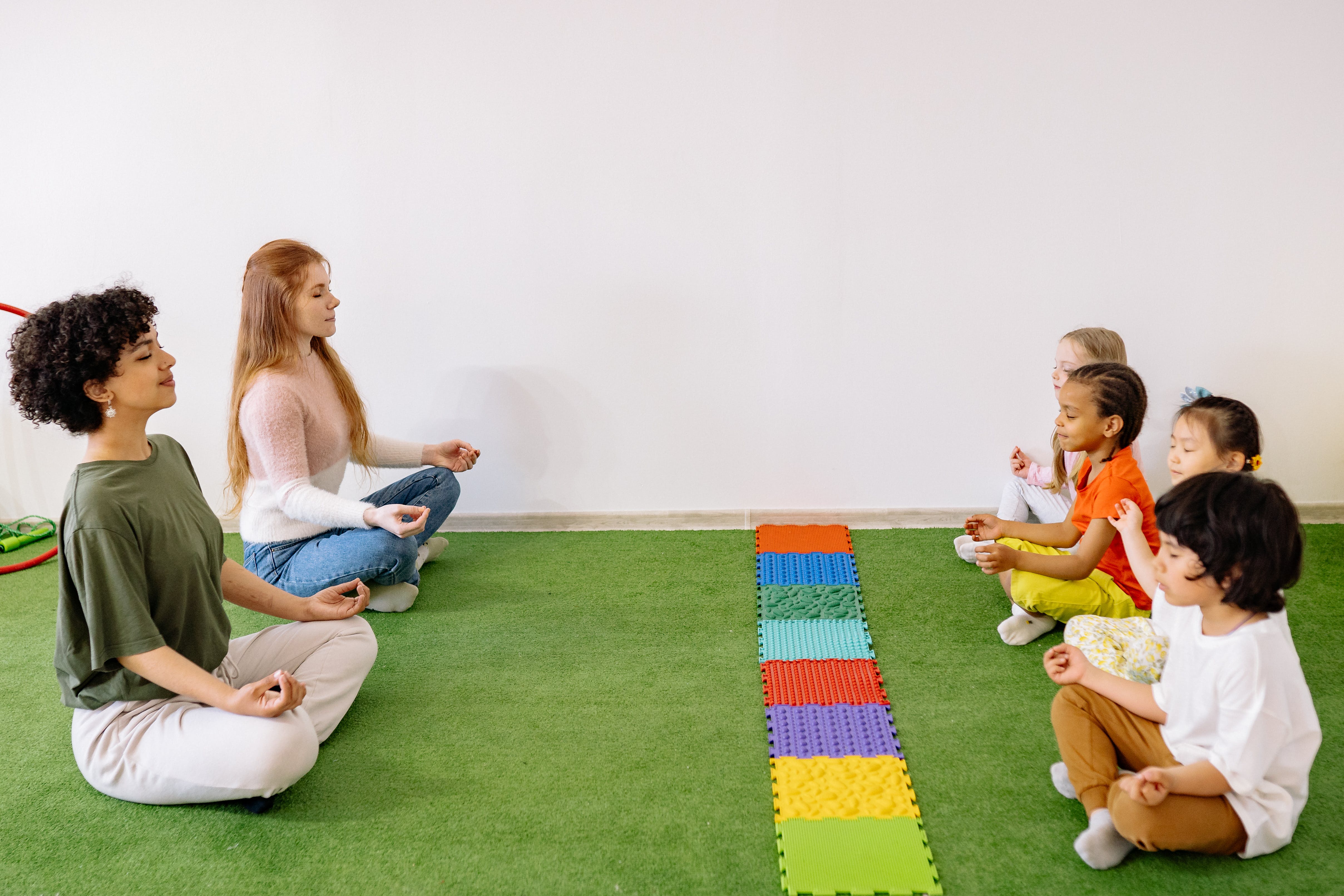
Other practitioners report that they sleep better after a refreshing yoga session. And, we all know that memory consolidation happens while we sleep. The quality of sleep can significantly impact our memory capabilities. Here’s another indirect pathway to how yoga may influence our cognitive functions.
However, our personal experiences and anecdotal evidence, while important, are sometimes biased and influenced by factors that we may not perceive. This is why we also need to look at the science.
Can we conclude, beyond any shadow of a doubt, that yoga improves memory and learning, just like it helps us with our back pain? And if so, what are the mechanisms behind the process? Are they direct or indirect?
Let’s find out.
What Has Science Discovered About Yoga and Our Brains?
Research, while still evolving, has started to provide empirical support to the anecdotal evidence yoga practitioners have shared.

Better Sleep and Lowered Stress
Some studies have shown that regular yoga practice can lead to significant improvements in cognitive functions, which is attributed to various factors that yogis have already identified, such as better sleep and stress reduction. A study published in PLOS ONE focused on Yoga Nidra as a tool for improving sleep, cognition, learning, and memory. Their findings revealed an increase in delta waves during deep sleep and improvements in various cognitive abilities following two weeks of Yoga Nidra practice. Another study showed that yoga reduces stress by diminishing the cortisol levels in our body, which are known to poorer cognitive functioning, including episodic memory, executive functioning, language, spatial memory, processing speed, and social cognition.
Physical Changes in Our Brains
In fact, yoga can physically change our brains – think of it as doing bicep curls but for your brain cells. Deep breathing and meditation are capable of bulking up the gray matter in our brains, which is composed of cell bodies that handle memory and decision-making. The area responsible for storing memories in the brain is the hippocampus, which is the area that researchers have found gains volume with Hatha yoga practice.
In addition to this, research cited in PubMed shows changes in neural connectivity (white matter) associated with yoga practice, correlating with improved verbal and visuospatial memory.
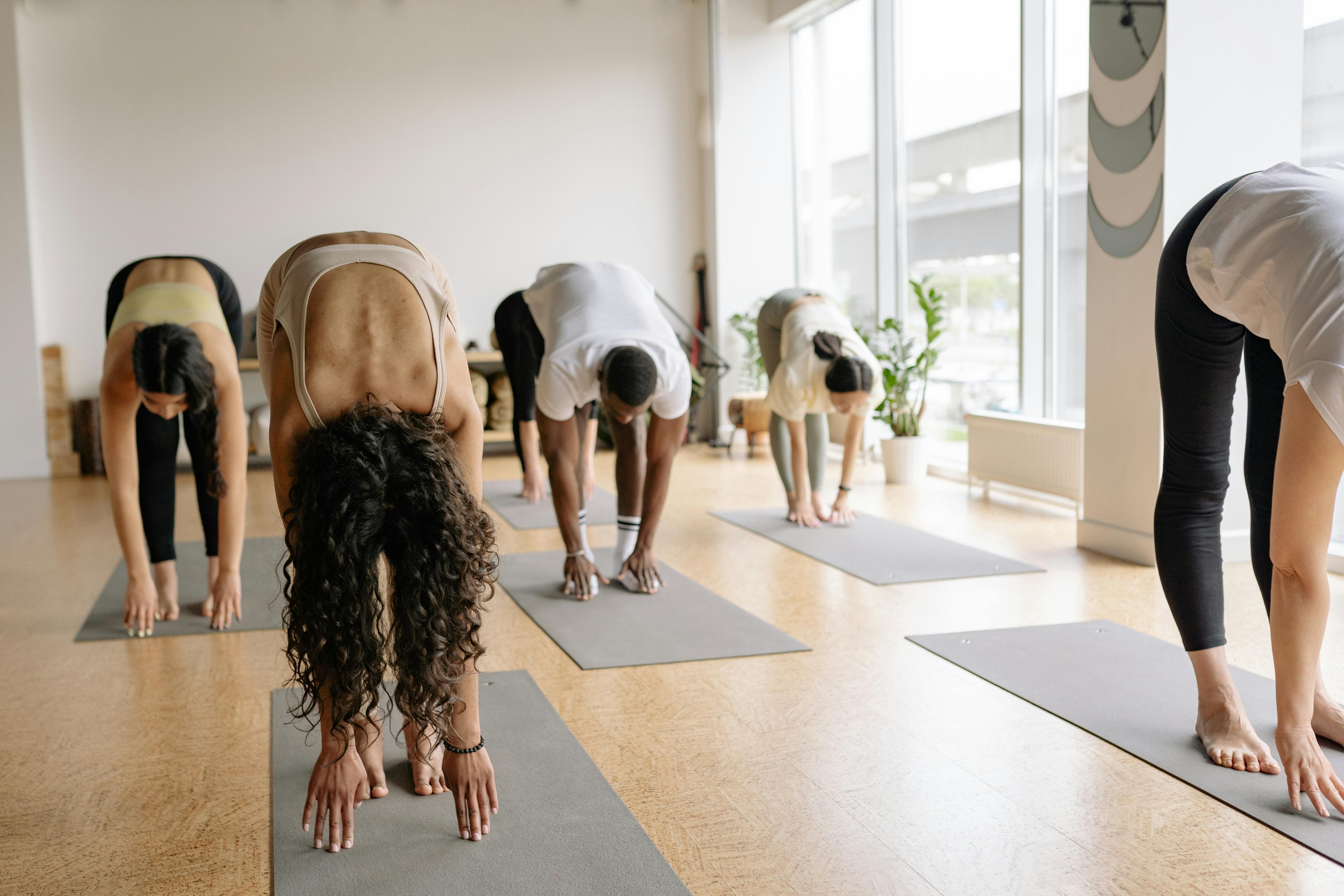
Better Focus
Let’s talk about focus! Holding those yoga poses requires some serious concentration, which is like a workout for your attention span. In a world where we’re all about quick scrolls and likes, yoga teaches us to hit pause and really tune in. This not only helps us on the mat but also makes us mental ninjas off the mat. A randomized controlled study published in the Journal of Alternative and Complementary Medicine showed that Hatha yoga practice improves attention and processing speed in older adults. The researchers concluded that a yoga practice that involves postures, breathing, and meditative exercises improves focus and attention in older adults, which leads to more effective information processing and makes people more resilient to cognitive decline as they age.
Drawing Conclusions
Based on the cluster of empirical studies in the areas mentioned above, we can start drawing conclusions about yoga’s impact on memory and learning.
Let’s sum up what we’ve learned.
-
There’s scientific evidence that yoga improves cognitive functions in general.
The studies collectively demonstrate that practices like Yoga Nidra can significantly improve cognitive functions. This is not limited to memory alone but extends to other cognitive abilities such as attention, focus, and even language skills.
-
Yoga’s indirect ways of enhancing memory and learning are by improving sleep and lowering stress (cortisol levels).
In today's fast-paced world, where stress can really fog up our brains, yoga is the fresh breeze that can clear up that fog. Similarly, lack of sleep or irregular sleep patterns can really throw us off our game. Yoga helps keep our sleep in check, so our brain can consolidate everything that happened during the day in peace. These are the two indirect mechanisms through which yoga helps our memory and learning abilities, yet the two effects that yogis notice the most.
-
Yoga’s direct ways of enhancing memory and learning are by positively impacting brain connectivity and structure.
Moving to the brainy side of things, research involving MRI and fMRI scans showed that yoga also directly changes the brain – the way it functions and its structure. The best way to envision this is to think of our brain as a muscle. With regular practice, our muscles become stronger, more defined, and gain range of motion. Well, it turns out that our brain also gains “muscle” (volume) and more connections between cells. This is important because as we age, we lose brain cells, which limits our capacity for various cognitive functions. Therefore, we now have proof that yoga makes our brains stronger – literally!

-
Yoga benefits transcend age.
The studies have also shown us what we’ve known all along - yoga is beneficial for people of every age. The positive effects were observed in both younger and older individuals, suggesting that yoga can be a beneficial practice for people of all ages to maintain and enhance cognitive health. However, for older generations, whose cognitive abilities are facing a steep decline, yoga as a therapeutic tool may be that more important, which brings us to our next conclusion.
-
Yoga can be used as a therapeutic tool.
Given the findings, yoga could potentially be used as a therapeutic intervention for cognitive impairments, such as Alzheimer's and other types of dementia. Also, it could be a great tool for the management of conditions like ADHD, anxiety, and even mild cognitive declines associated with the normal process of aging.
-
But also – we need more research.
While the current findings are promising, we can also conclude that there’s a need for further research. We need more extensive studies, with larger and more diverse groups, to fully understand how far yoga’s benefits can go in boosting our cognitive functions. At the same time, we also need more studies with more advanced methodologies, such as fMRI research designs. Such studies can help us better understand the underlying mechanisms through which yoga drives cognitive health, an aspect that is still poorly understood.
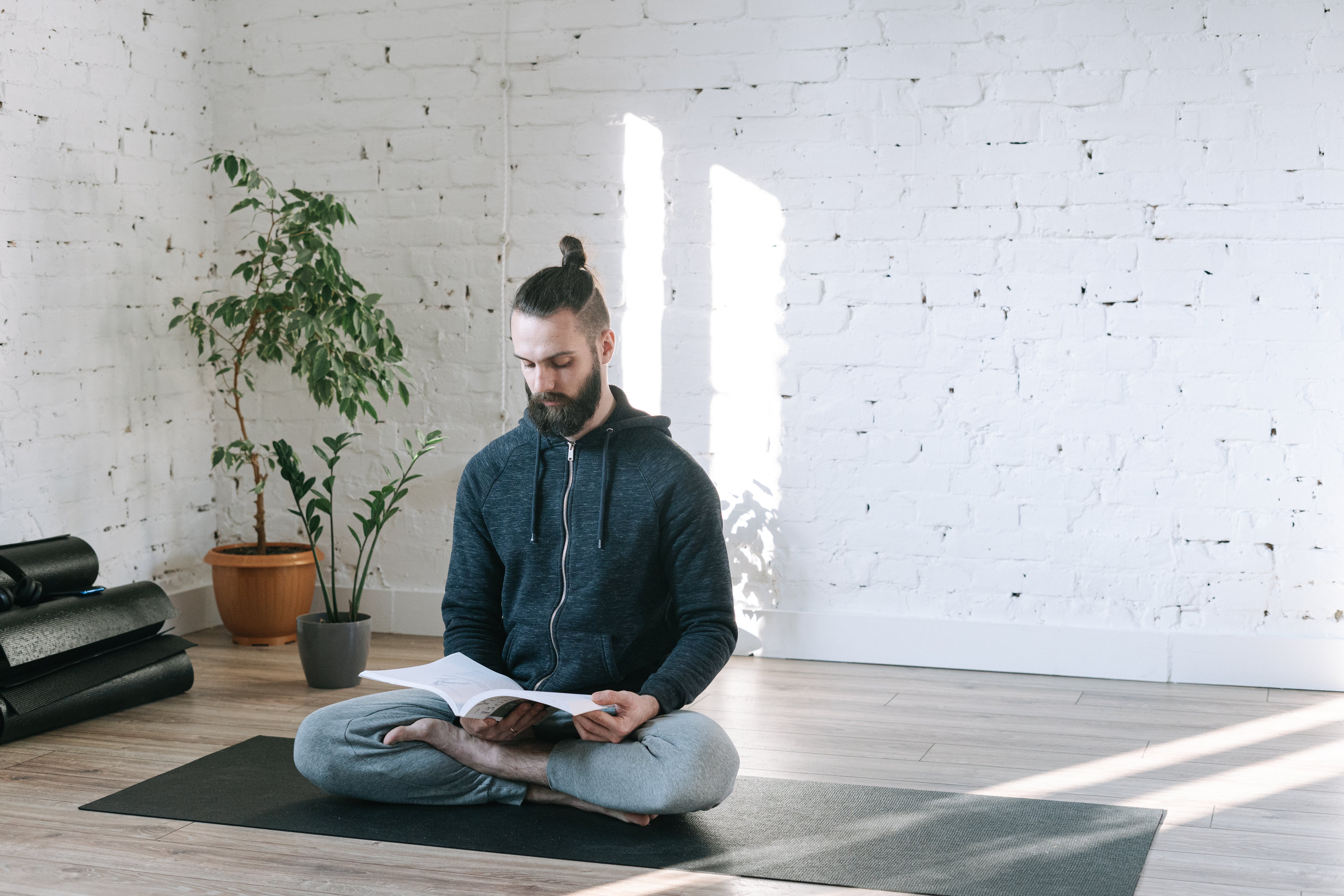
What Types of Yoga Can Aid Our Memory?
Is there a single type of yoga that’s most beneficial to our cognitive functions? Yes and no.
While there’s no one style that emerges on top, we can identify key elements needed for a holistic practice. For instance, in the studies referenced here, the researchers mentioned Yoga Nidra and Hatha yoga.
Yoga Nidra is a relaxation technique where the practitioner is in a state of consciousness between waking and sleeping, induced by a guided meditation. Therefore, it’s a type of meditative exercise meant to release stress from our bodies. On the other hand, Hatha yoga uses postures (asanas) and breathing techniques (pranayama) to channel the body’s vital energy.
This means that our brain benefits from three things: meditation, asanas, and breathing exercises. So, until we get some very specific proof as to which aspects benefit the brain in what way, the only conclusion we can make is that the most beneficial yoga style is one that incorporates these three elements.
A better way to put this is to say that it's not just about the yoga style we choose, but how we choose to practice it. A balance of meditation, asanas, and breathing exercises is key.
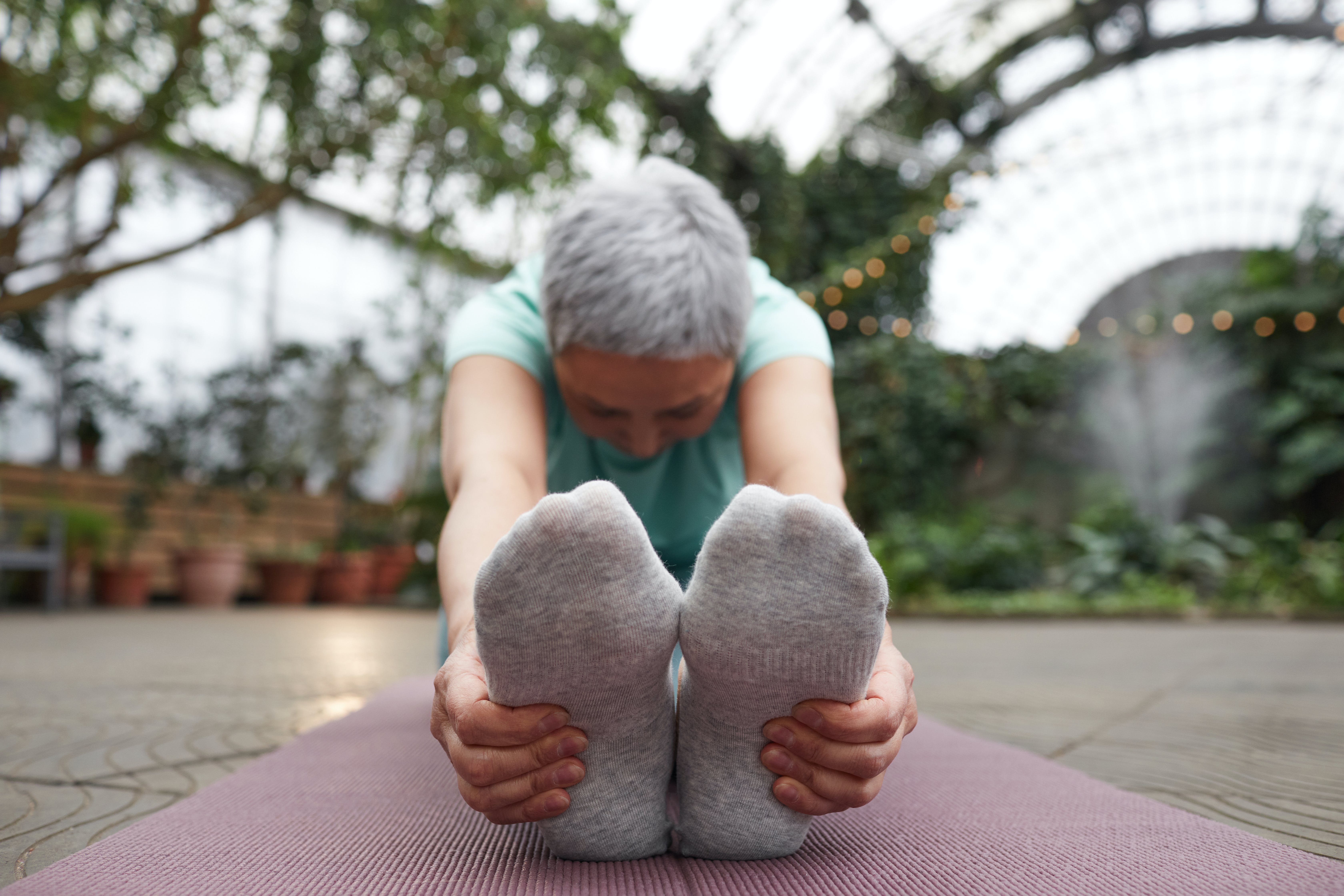
A Breakdown of the Elements Aiding Brain Function
Meditation in yoga often involves mindfulness or guided imagery that can significantly reduce stress and anxiety, which are known to impact memory negatively. When our minds are calm and stress-free, our memory functions tend to improve.
Asanas (postures) are the physical aspect of yoga, which is also important for our mental health. When we engage in asanas, we're not only improving blood flow throughout the body but also to the brain. This increased circulation can lead to better cognitive function. Plus, mastering these postures requires focus and mental discipline, further sharpening our cognitive skills.
Breathing exercises (pranayama) are the cornerstone of yoga practice, just like breathing is in life – so we mustn’t put them on the back burner. Pranayama techniques vary, but they all focus on controlling and optimizing our breath. This control has a direct effect on the nervous system, calming our minds and improving our ability to focus and remember.
All in all, the ultimate brain booster would be one that combines meditation, mindful movement through asanas, and controlled breathing. So, whether you’re a fan of the more energetic Vinyasa or the relaxation you get through Nidra, make sure you integrate all aspects of a holistic yoga practice.

Last Remarks: Curb Your Enthusiasm
Learning about the brain-boosting wonders of yoga can make anyone excited and ready to roll out the mat. But here’s the thing: we should not get too carried away. While the scientific interest to investigate the benefits of yoga has skyrocketed in recent years, not all studies are worth our time.
Many yoga studies today, just like some early ones, often involve small participant groups and sometimes lack a crucial component – a control group. This can make it tough to tell how effective yoga really is compared to other activities. For instance, it’s one thing to say yoga's great for back pain, but it's another to pit it against other physical exercises or other mind-body practices.
So, while we're exploring all these benefits of yoga, it's wise to take things with a grain of salt. Yoga is amazing and there’s no good reason not to practice it. However, don’t expect it to magically turn you into an intellectual savant. It simply won’t.
In short, enjoy your yoga journey, relish the mental and physical perks, but stay grounded. Yoga is a wonderful tool, but it’s part of a bigger picture of health and well-being. Keep practicing, enjoy the stretches, and stay dedicated to your meditations – everything else will follow.
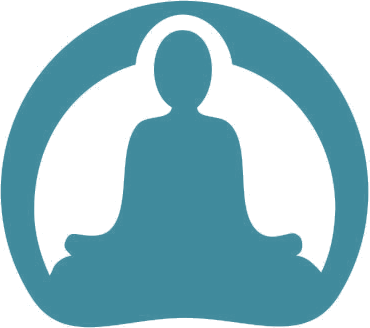


Great news as someone who has enjoyed yoga for almost 5 years and now and always reading about brain health. My mother has levy body dementia and I am always looking for ways to prevent it. Thank you.